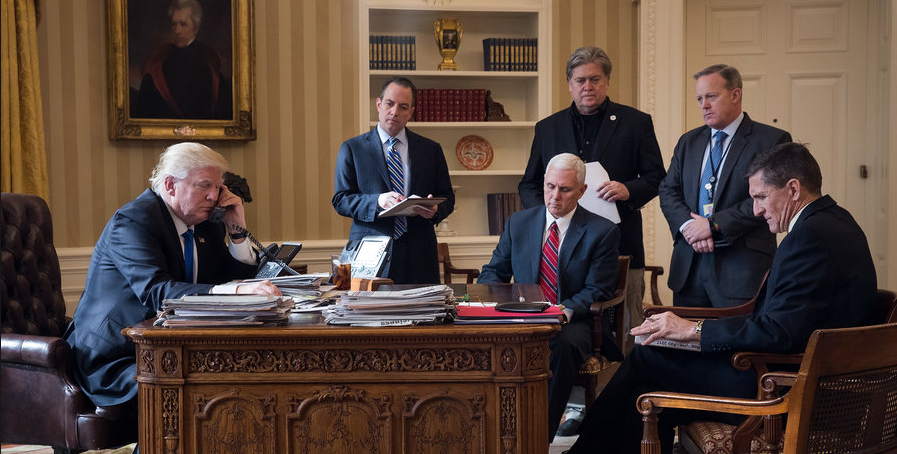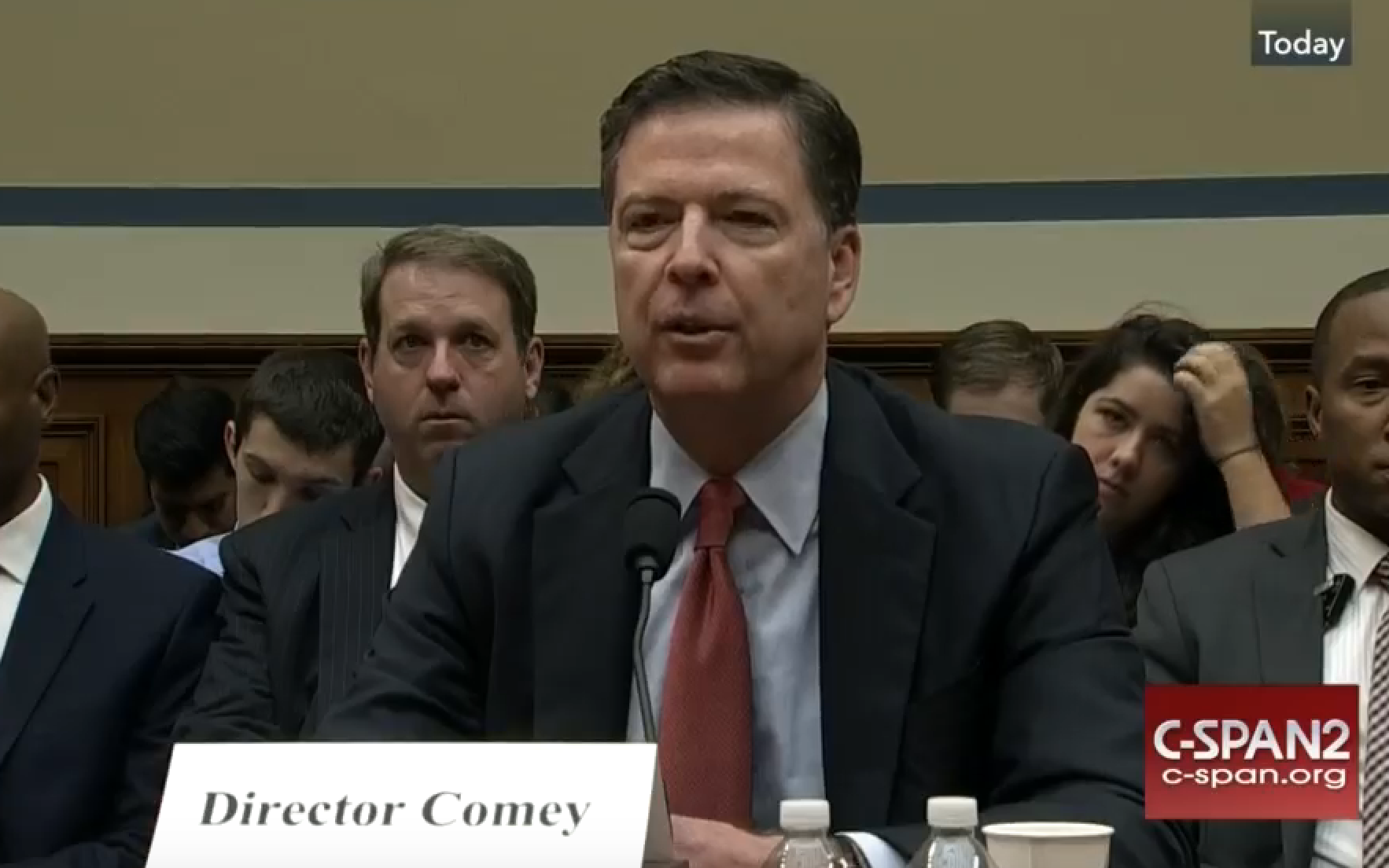The Last USA: Dana Boente Is the Best Short Term Solution
In the wake of the Comey firing, particularly given the way Deputy Attorney General Rod Rosenstein let himself serve as a pawn, many people have renewed their call for “a special prosecutor.” In the short term, however, I believe Dana Boente — that is, the status quo — is a better solution.
As a reminder, Dana Boente is the US Attorney of Eastern District of VA. With Rosenstein’s confirmation as DAG, Boente is the last remaining confirmed US Attorney in the United States. Boente’s office is overseeing at least two parts of the Russian investigation: the generalized investigation into Wikileaks, and the investigation into Trump’s campaign. The latter investigation recently issued subpoenas to Mike Flynn associates. There are reportedly parts of the investigation in three other places: some work being done in Main Justice, as well a a team investigating Guccifer 2.0/Shadow Brokers in San Francisco, and a team investigating the Russian hackers in Pittsburgh.
But the bulk of what people think of as “the Russian investigation” — the investigation into Trump’s cronies — is happening in EDVA, overseen by The Last USA.
In addition to reporting up to Rosenstein as DAG and Rosenstein as Acting AG for the Russian investigation, Boente just took over as Acting Assistant Attorney General for National Security Division — the office that reviews things like FISA orders. That means Boente — for better and worse — has more authority, on several levels, than a “Special Counsel” would have.
First, note I use the term “Special Counsel,” not “Special Prosecutor.” Ken Starr was a Special Prosecutor, but in the wake of his fiasco and given persistent questions about the constitutionality of having someone who was totally independent from the structure of DOJ prosecuting people, Congress got rid of the provision supporting Special Prosecutors.
So if Rod Rosenstein wanted to appoint someone “independent” to oversee the Russian investigation, he’d have to use the Special Counsel provision.
While I think it is permissible to hire someone from outside of DOJ to do that job (so it is possible he could call up corporate lawyer Pat Fitzgerald for his third ride on the Special Counsel merry-go-round to, in dramatic fashion, save the investigation undercut by the firing of his good friend Jim Comey), in practice the recent Special Counsel appointments (the UndieBomb 2.0 leak investigation, the StuxNet leak investigation, the John Kiriakou prosecution, the Torture investigation, and the Plame investigation) have all been DOJ prosecutors, either US Attorneys (in all but one case) or an Assistant USA Attorney, in the case of John Durham’s whitewash of torture. Plus, while Fitz is still well-loved at DOJ and FBI as far as I know, if Rosenstein appointed him, I bet Trump would fire him within minutes because he’s sure as hell not going to be “loyal.” And because of Fitz’ past gunning hard for Cheney and Bush, many Republicans might not put up much of a stink there.
If Rosenstein were to adhere to the practice of naming existing DOJ prosecutors, though, it’d mean he’d be choosing between Boente, The Last USA, or an AUSA (perhaps one of the ones who recently reported to him in MD). In both cases, the Special Counsel would report to Rosenstein for AG approvals (as Pat Fitz reported to Jim Comey for the Plame case).
You can see quickly why Boente is the preferable option. First, there’s no reason to believe he isn’t pursuing the investigation (both investigations, into Wikileaks and Trump’s associates) with real vigor. He is a hard ass prosecutor and if that’s what you want that’s what you’d get. His grand jury pool is likely to be full of people with national security backgrounds or at least a predisposition to be hawks.
But — for better and worse — Boente actually has more power than a Special Counsel would have (and more power than Fitz had for the Plame investigation), because he is also in charge of NSD, doing things like approving FISA orders on suspected Russian agents. I think there are problems with that, particularly in the case of a possible Wikileaks prosecution. But if you want concentrated power, Boente is a better option than any AUSA. With the added benefit that he’s The Last USA, which commands some real respect.
Sure. If next week Trump calls Boente to dinner and demands his loyalty on threat of firing, this may change. But the same logic that people are using with a Special Counsel (that if Trump fired that person, maybe then Republicans in Congress would want something more independent) holds for Boente. Firing The Last USA ought to be as incendiary as firing an AUSA, assuming anything will be.



